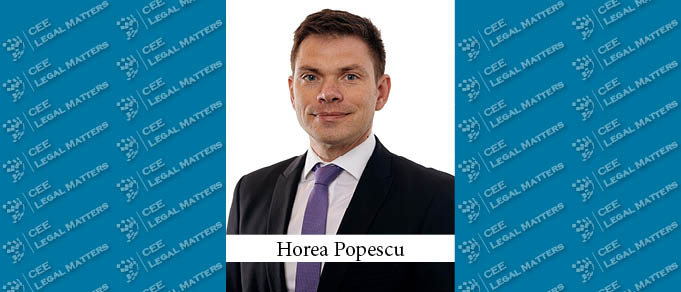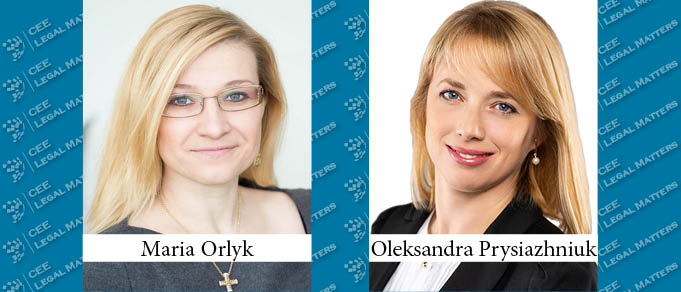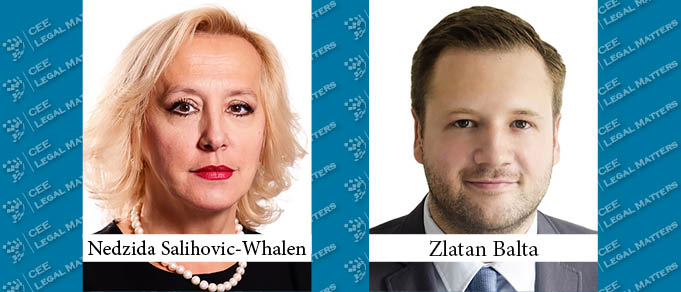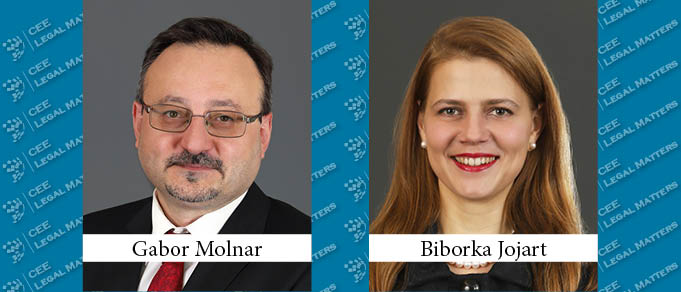Horea Popescu, Managing Partner of CMS Bucharest and Head of CMS’s Corporate M&A Practice in CEE Looks Back at an Unusual Year.
Overview of the Corporate Governance Code of Ukraine
Good corporate governance contributes significantly to increasing company value and strengthening the confidence of investors. It has been promoted in Ukraine, as across the world, in the past few decades, and in March 2020, the Core Code of Corporate Governance, which was based on the work of over 50 Ukrainian and international experts, was adopted by the National Securities and Stock Market Commission of Ukraine (NSSMC).
Bosnia and Herzegovina: Squeeze-Out of Minority Shareholders – One Country, Two Different Regimes, Three Sets of Legislation
Squeeze-out of minority shareholders is an important concept for joint stock companies in Bosnia and Herzegovina (BiH). In the previous socialist system, many then-state-owned joint stock companies issued employee stocks as a form of partial privatization, leading to some companies having hundreds of minority shareholders with miniscule amounts of shares. This complicated the management of these companies, as majority ownership changed from state to private, since many small shareholders are unreachable, as they may be deceased or have relocated with unknown addresses. This situation often makes squeeze-outs essential for majority shareholders in order to efficiently manage these companies.
Montenegro: M&A Transactions in a Nutshell
In our legal work in Montenegro, CMS has been engaged in a number of major mergers & acquisitions, representing both buyers and sellers, including Monte Rock’s acquisition of HIT Montenegro in connection with the Hotel Maestral in Budva-Przno, the Delhaize Group’s acquisition of food retailer Delta Maxi, KKR’s acquisition of SBB/Telemach Group, and OTP Bank’s acquisition of Societe Generale Montenegro.
COVID-19 Impact on M&A Transactions in Serbia – Crisis as a Stimulus for Change
COVID-19 has changed so many things in our lives. Nothing has remained untouched, from social relations to business. Naturally, it has also heavily affected M&A activity in Serbia, just as across the entire SEE region.
Hungary: M&A Trends on CEE Markets in 2020 – Impact of COVID-19
Every spring DLA Piper publishes its annual M&A intelligence report. This past spring, we could only speculate on the effects of the pandemic as COVID-19 had just hit Europe. Informed by our experience of the past few months, we have recently published our updated M&A Global Report. Below we highlight a couple of trends that are impacting CEE.
Russia: “With Great Power Comes Great Responsibility…”
Several years ago, certain amendments concerning the status of a CEO in Russia (in Russian corporate law, as a rule, this position is called General Director) were introduced to the Russian Civil Code as a part of a major reform of Russian civil legislation. Among these changes was the introduction of the ability to limit the liability of a CEO for damages he or she inflicted on the company, although this is still not widespread and is untested in practice. In this article, we address certain key issues regarding the civil liability of CEOs in Russia, including its potential limitation.
































